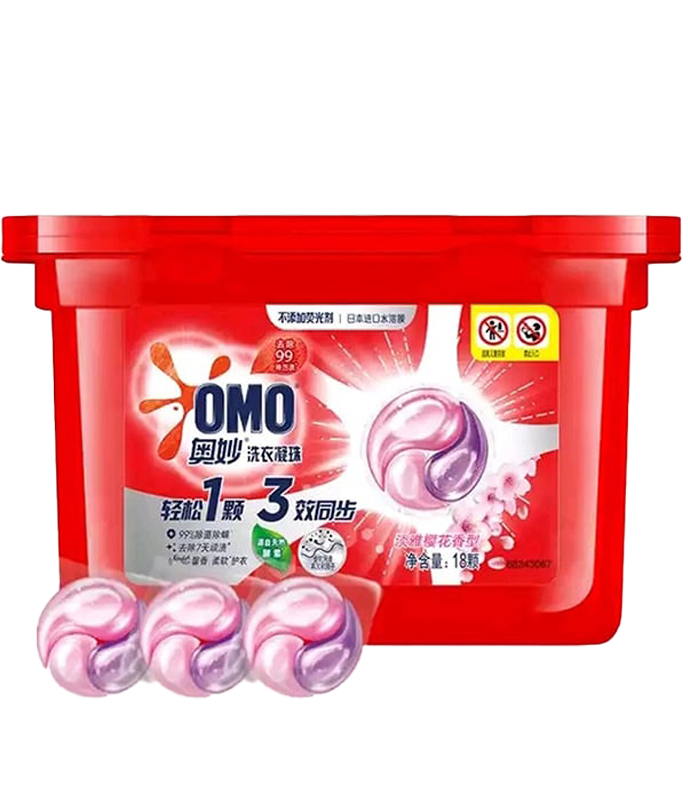
New Detergent Cleans More Than Clothes
Unilever has partnered with Lanatech and India Glycols to produce a surfactant made from industrial carbon emissions. A surfactant is the ingredient necessary to create the cleaning action in laundry detergents. The three partners have produced a revolutionary supply chain that involves three stages. In the first stage, LanzaTech uses biotechnology to capture waste industrial emissions at its Beijing Shougang LanzaTech plant and converts these emissions to ethanol. In the second stage, India Glycols converts the ethanol into ethylene oxide, which is needed to make the surfactant. In the final stage, Unilever puts the surfactant in their new OMO laundry capsules, manufactured at its Hefei factory in China.
By not only recycling carbon, but renewing it as well, the use of fossil fuels can be mitigated greatly. To phase out the use of fossil carbon in consumer products by 2050, renewable carbon production needs to increase by a factor of 15x. This is the first step on that journey.
The three partners understand how important it is to protect the natural environment. In September 2020, Unilever launched a Clean Future pledge and is committed to eliminating fossil-fuel based chemicals from its cleaning and laundry product formulations by 2030. Further, the Unilever Home Care division hopes to achieve Net Zero emissions from all products by 2039. The President of this division, Peter ter Kulve stated, “Instead of valuable carbon being released directly into the atmosphere, we can capture it and recycle it in our products instead of using fossil fuels. New innovations like this help move our iconic cleaning brands away from fossil fuels without compromising on performance or affordability.” True to his word, the price of the cleaning product will not increase at all, despite this new supply chain. The CEO of LanzaTech, Jennifer Holmgren, added, “Our planet is running out of time and how we treat carbon requires urgent revision. By working with Unilever and IGL we can turn waste carbon into an opportunity, keeping fossil fuels in the ground and enabling new circular processes to make the products we use everyday.”
By switching to this new detergent, consumers can help clean the planet as they clean their clothes. Major corporations committing to helping the planet will help address the climate crisis and ensure a healthy environment for future generations


 Previous
Previous
